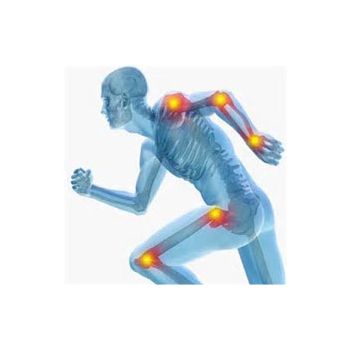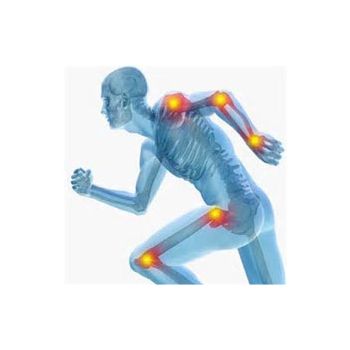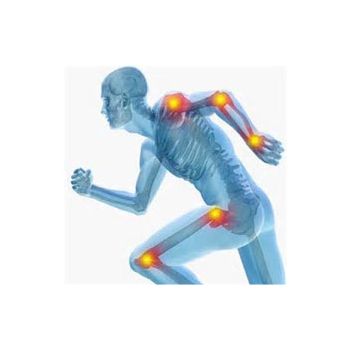In stock
Heart Health Lab Panel LabCorp
SKU
541-l
This panel includes the most effective tests for assessing and monitoring heart health.

This panel checks several important aspects of heart health, such as cholesterol levels and triglycerides. It helps assess your risk for heart disease and monitor your heart's function. Results can guide decisions about diet, exercise, and treatment.
| What is Included |
|
|---|---|
| Why To Buy | This Heart Health Panel checks key markers to assess your cardiovascular risk and identify potential causes of heart-related symptoms, providing valuable insights into your overall heart wellness. Buying this panel from Defy Medical can help detect issues early, allowing for timely intervention and management of conditions contributing to your symptoms. It gives a comprehensive look at factors like cholesterol and inflammation which can cause chest pain, dizziness, fatigue, high blood pressure, shortness of breath, and other heart concerns. Finding the cause(s) of:
|
| Symptoms | Chest pain, Dizziness, Fatigue, High blood pressure, High cholesterol, Shortness of breath |
We found other products you might like!












